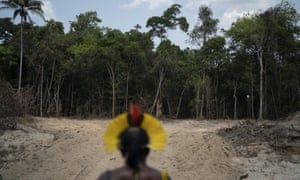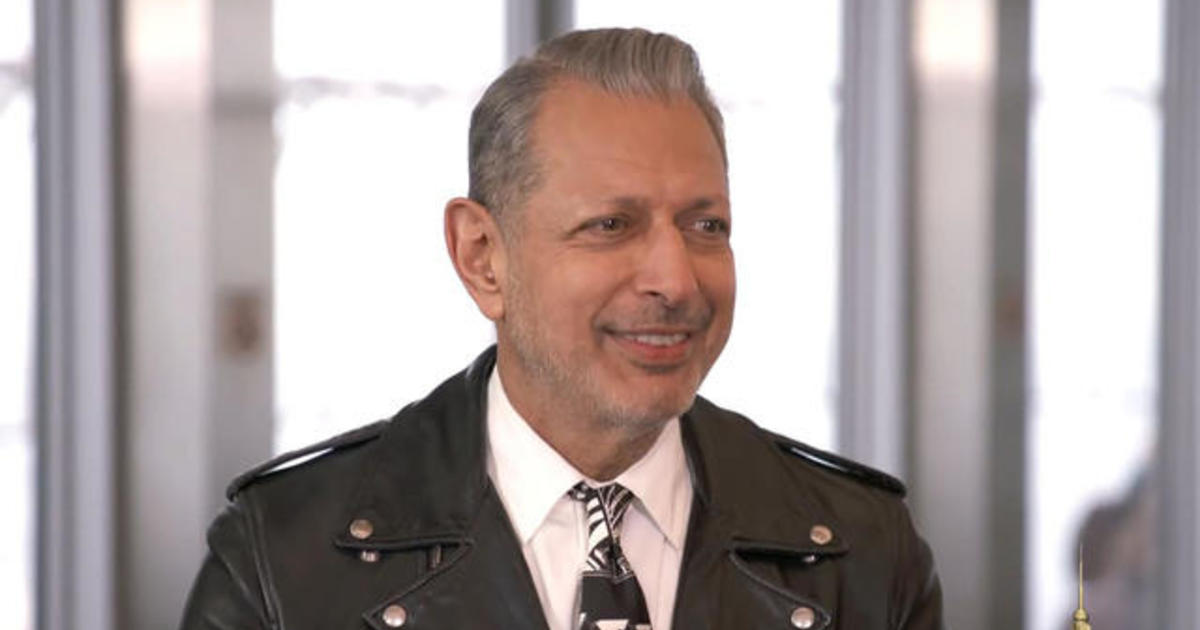Michelle Quist: Three ways people have been making the world a better place - Salt Lake Tribune
I have a lot to be thankful for this year.
I have healthy, kind children who know they are loved and cared for. I have a warm home with food on the table and a job (a few of them, really). My youngest leads a dance party every morning and we have music and literature in the home. New friends and old friends enrich my life and make it whole. I’m grateful for all of these blessings.
The holidays encourage us to slow down, think of others, and try a little harder to make the world a better place. In that vein, I want to highlight three ways others have been making the world a better place, for which we should all be grateful for as the holiday season begins.
First, I’m especially grateful for brave individuals who advocate against institutions that represent the religion they believe in, and therefore the God they worship. It’s hard to speak out against such formidable entities, especially when so many blur the line between administration and revelation.
I’m referring, of course, to the recent Medicaid kerfuffle at BYU-Idaho[1]. The school announced, quite unexpectedly and without a lot of forethought, that it would no longer allow students with Medicaid to attend school without first obtaining separate private insurance or purchasing the school’s own health plan, for $536 for an individual per semester or $2,130 for a family. The school’s health plan does not cover maternity — necessary services for a student population that is encouraged to not put off having children in college. It also does not cover birth control.
The new policy was so onerous on already poverty-stricken students that many would not be able to afford to stay enrolled. One student[2] applied for an emergency grant to pay for the extraneous coverage and was told if he listed the assets he’d be willing to sell they might raise the cap on his loans — so he could borrow the amount needed for the superfluous medical coverage.
Students spoke out. They rallied. They met with school officials and health center administrators. The New York Times even covered the controversy[3]. The school bungled the roll-out of the new policy and it bungled the explanations for it.
And then, earlier this week, the school reversed course, apologized, and rescinded the policy. How’s that for a Thanksgiving miracle. The students and others pushing this issue out on social media deserve praise and gratitude for making a difference.
Second, I’m grateful for strong men who support strong women, and strong women who support strong men.
Now is where I talk about the new “Frozen 2” movie. No really. What a breath of fresh air. Instead of a man galloping in on a white horse to save the day, the heroes of “Frozen 2” are Queen Elsa and her sister Anna. Kristoff, Anna’s love interest, does ride up on the back of a horse when Anna is about to be trampled by huge rock giants, but his words made all the difference: “I’m here, what do you need?”
Later, when Anna apologizes for leaving him right when the action was starting, to go save the day, really, he responds, “It’s OK, my love is not fragile.”
This was about an hour after Kristoff sings his own love ballad after Anna leaves him alone in the woods. He had feelings, and it could be transformative for the millions of boys and girls who witness it.
Finally, I’m grateful for a new social media account — you can find it on Twitter[4], Facebook[5], and Instagram[6] — started by Rachel Hunt Steenblik that’s adding a little kindness to our timelines. The account was started to document the many random acts of kindness we witness every day and amplify them. In a world sodden with political bickering and personal uncertainty, the account does much to bring a small spark of joy to caustic social media.
People are encouraged to take notice of small acts of kindness and send them in to be shared. Here’s one example[7]: “The night my dad passed away, I was in another state, but a family friend came to our home and she slept next to my mom so she wouldn’t be alone.”
As the holiday season starts, may we all speak out bravely, support each other completely and be kind.
Michelle Quist is a columnist for The Salt Lake Tribune.
References
- ^ Medicaid kerfuffle at BYU-Idaho (www.sltrib.com)
- ^ One student (www.facebook.com)
- ^ New York Times even covered the controversy (www.nytimes.com)
- ^ Twitter (twitter.com)
- ^ Facebook (www.facebook.com)
- ^ Instagram (www.instagram.com)
- ^ one example (www.facebook.com)

/arc-anglerfish-arc2-prod-sltrib.s3.amazonaws.com/public/CC6XU6XDHFENXGYESCYB4YOFPU.jpeg)




